Question And Answer
Publications
Articles, publications, books, tools and multimedia features from the U.S. Institute of Peace provide the latest news, analysis, research findings, practitioner guides and reports, all related to the conflict zones and issues that are at the center of the Institute’s work to prevent and reduce violent conflict.

Will Solomon Islands' New Leader Bring It Closer to China?
On April 17, Solomon Islands held an election that was closely watched by China and the United States and its partners. In the following weeks, members of parliament (MPs) jockeyed to form a governing coalition, finally electing Jeremiah Manele as prime minister on May 2.

Dean Cheng on China’s New Military Force
China’s military structure is not prone to change. But in a shocking move, Chinese leader Xi Jinping recently established a new military entity focused on “information dominance” in future wars, with many observers “left wondering what this is going to mean and why they did it,” says USIP’s Dean Cheng.
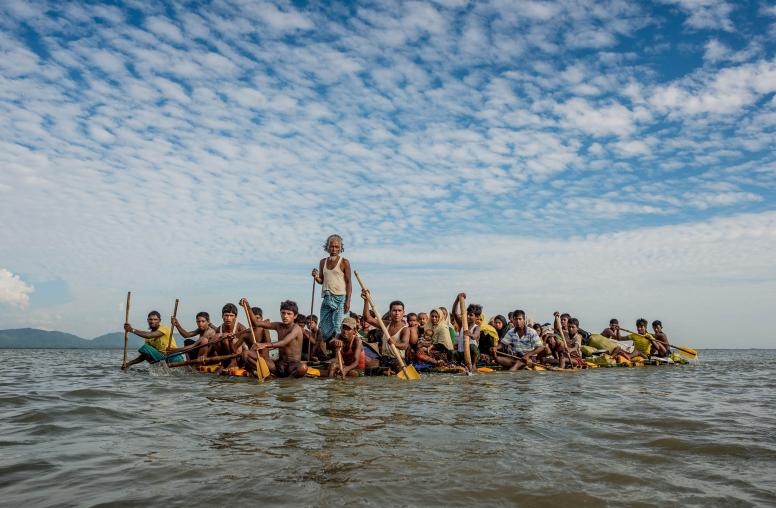
Rohingya Face Fresh Uncertainty in Myanmar
An uptick in the conflict between Myanmar’s military and an ethnic armed organization in western Rakhine State is raising new concerns about the fate of the Rohingya population. In 2017, over 800,000 Rohingya, a mostly Muslim community, fled to Bangladesh to escape genocide committed against them by members of Myanmar’s military in Rakhine State. Now, emboldened by the military’s increasing vulnerability in the face of an armed resistance, the Arakan Army has vowed to push aggressively to expand its territorial and administrative control across the state. But its leaders have been unclear about their plans to address the Rohingya issue.
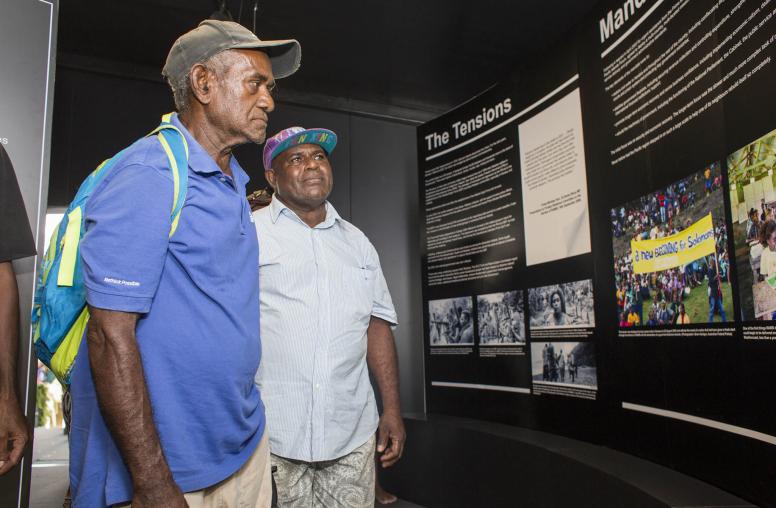
It’s Not Too Late for Solomon Islands’ Truth and Reconciliation Commission
Established in 2008, the Solomon Islands Truth and Reconciliation Commission (TRC) was tasked with investigating the country’s civil conflict that killed 200 people and displaced more than 20,000 others between 1998 and 2003. The commission was the first of its kind in the Pacific Islands region, and its proponents hoped it could heal people’s lasting trauma by addressing human rights violations, promoting national unity and fostering reconciliation.
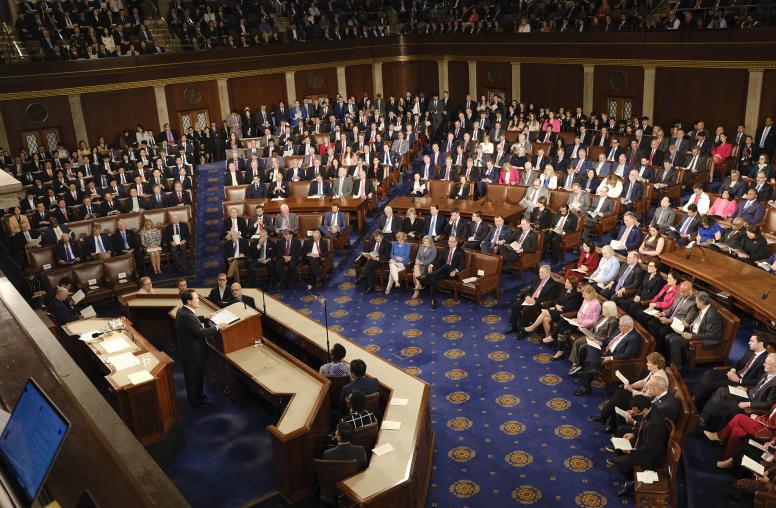
How Congress Can Help Improve Relations with North Korea
Although the Constitution authorizes the president and the executive branch to lead foreign affairs, it also vests the legislative branch with responsibilities that impact the conduct of diplomacy and statecraft. These include the ability to “declare war,” “raise and support armies,” “regulate commerce with foreign nations” and approve treaties and diplomat appointments, as well as general oversight functions and power to appropriate money from the Treasury.
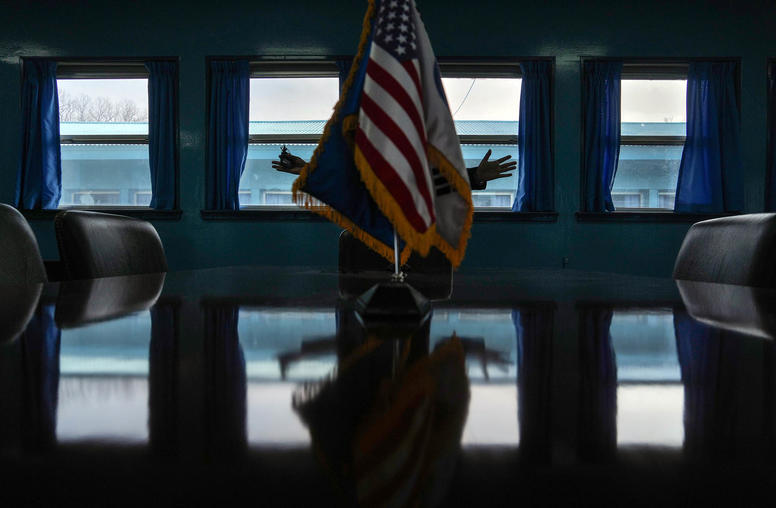
Revisiting the Two-State System for Peaceful Coexistence on the Korean Peninsula
The mounting tensions and risk of nuclear war that plague the Korean Peninsula today are typically attributed to a combination of North Korea’s aggressive nuclear posture and doctrine and the U.S.-South Korea alliance’s proactive deterrence countermeasures. However, while these factors are proximate and important, they themselves stem from a deeper, fundamental cause. The longstanding division of the Korean Peninsula has trapped the two Koreas in an endless unification competition to outcompete and take over one another, which drives the arms race and confrontational military postures against each other. Advancing a “two-state system” that mitigates the unification competition may help promote peaceful coexistence between South and North Korea and reduce the risks of conventional and nuclear war on the peninsula.
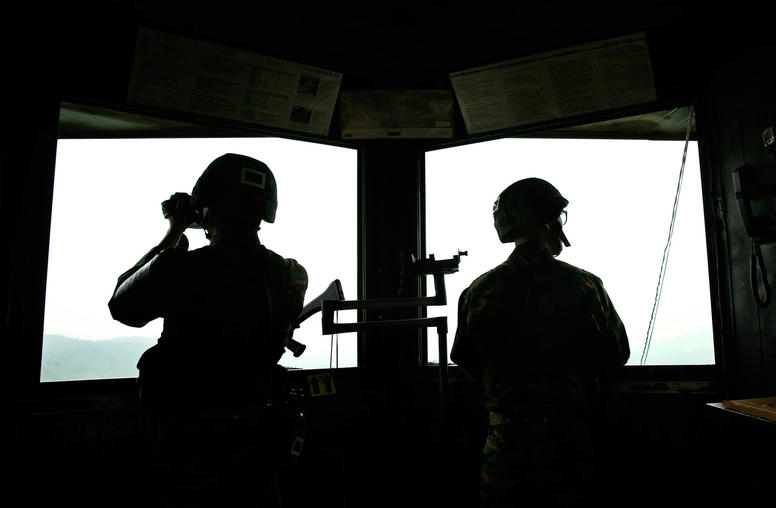
Increasing Stability in a Deterrence Relationship with North Korea
A Korean Peninsula free of nuclear weapons remains a critical U.S. national security interest, but it is now a long-term interest. Because there is little possibility of disarming the regime in Pyongyang at an acceptable cost in the foreseeable future, the United States-South Korea alliance needs a strategy to coexist peacefully with a nuclear-armed North Korea.
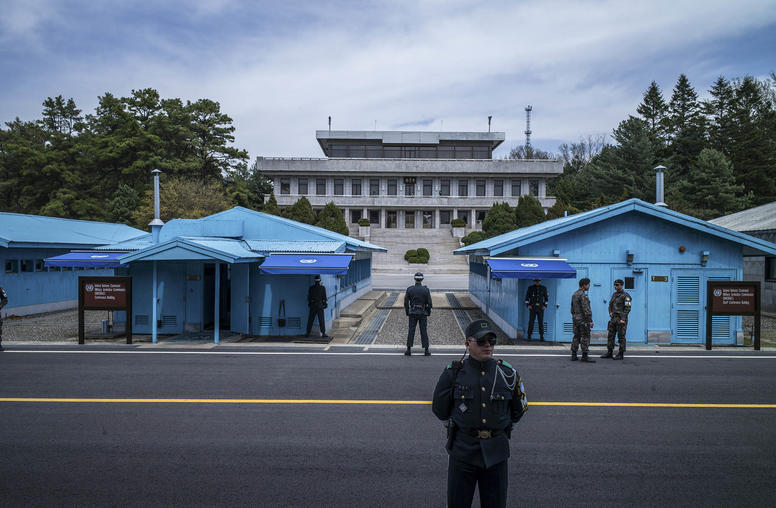
How to Reduce Nuclear Risks Between the United States and North Korea
Since the collapse of the unprecedented leader-level diplomatic process between the United States and North Korea in 2019, relations between the two sides have been at a standstill. In 2021, as the Biden administration entered office, North Korean leader Kim Jong Un set into motion a wide-ranging plan for the modernization of his nuclear forces. This modernization has helped render his nuclear deterrent more credible while accentuating the risks of nuclear conflict on the Korean Peninsula. It has further cemented North Korea’s lack of intent to relinquish its nuclear weapons, which it views as the essential cornerstone of its national defense strategy.
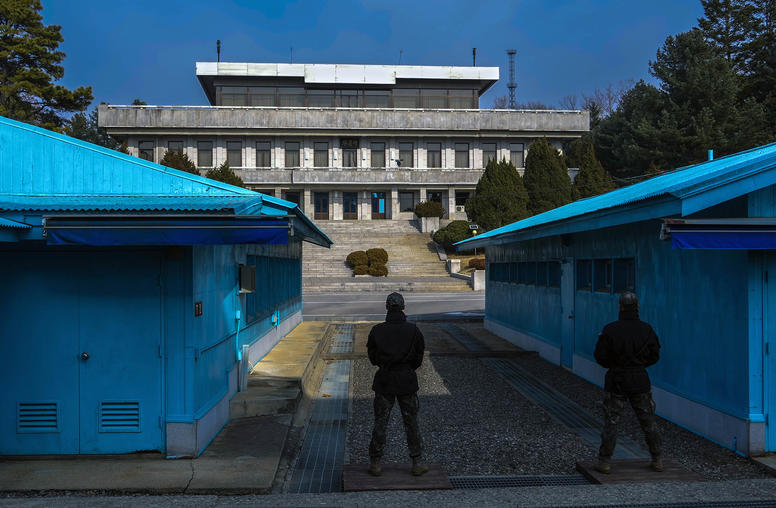
Exploring Peaceful Coexistence with North Korea
The United States and North Korea coexist today in an antagonistic, high-risk stalemate. The Kim Jong Un government, feeling besieged by a “hostile” U.S. policy and fearing the potential for regime change, has centered its national defense strategy on strengthening deterrence through nuclear weapons. Facing this intractable nuclear threat, the Biden administration has reinforced a coercive, pressure-based approach that relies on diplomatic isolation, military deterrence and economic sanctions to contain, if not change, North Korea’s defiant behavior.
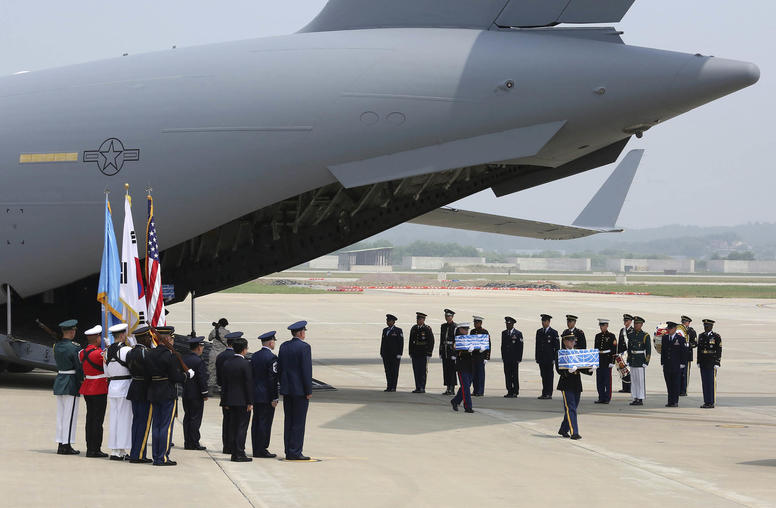
A New Approach to Recovering U.S. Servicemen’s Remains from North Korea
Seventy years after the end of the Korean War, there are still more than 7,000 U.S. servicemen who remain missing in action from that conflict. The remains of some 5,200 of these men are believed to be in North Korea. Unfortunately, poor diplomatic relations between the United States and North Korea have prevented the recovery of these remains. There is, therefore, a need for an alternative to the usual paradigm for conceiving, planning and implementing the recovery of U.S. war dead from North Korea. Usual practices might not carry the task, and ignoring the responsibility to bring our missing servicemen home should not be an option.